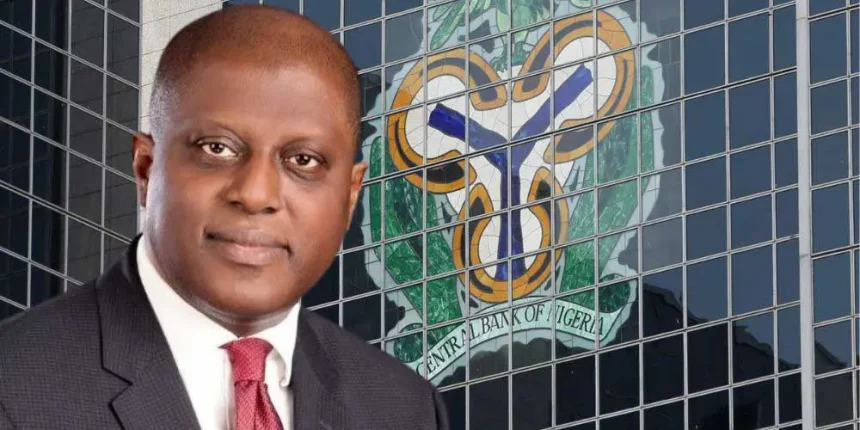The Central Bank of Nigeria (CBN) has raised concerns about potential risks to the growth of Nigeria’s external reserves by 2024 and 2025 due to the removal of fuel subsidies, increased import bills, and rising external debt servicing obligations. This was disclosed in the bank’s recently released Monetary, Credit, Foreign Trade, and Exchange Policy guidelines for the fiscal years 2024/2025.
Despite these challenges, the CBN projects positive economic growth during the period, driven by continued policy support in the agriculture and oil sectors, ongoing reforms in the foreign exchange market, and the implementation of the Finance Act 2023 and the 2022-2025 Medium-Term National Development Plan (MTNDP).
“The outlook for Nigeria’s external sector in 2024/2025 is optimistic,” the report states, citing the sustained rally in crude oil prices and improvements in domestic oil production as key factors. However, the bank warned that lower oil earnings, rising fuel import costs, and external debt repayments could hinder the growth of reserves.
CBN also noted the potential risk of capital outflows due to tightening monetary policies in advanced economies.
Regarding Nigeria’s economic output, the CBN predicts a continued positive trajectory in 2024/2025, contingent on sustained policy support and the successful implementation of key reforms. However, it highlighted potential headwinds, including rising energy prices, persistent security challenges, and infrastructure issues, which could undermine growth.
Domestic inflation is expected to remain elevated, fueled by global supply chain constraints and exchange rate fluctuations, with security challenges further exacerbating inflationary pressures.
Analysts have expressed mixed views on the impact of the fuel subsidy removal. Clifford Egbomeade, a public affairs analyst, argued that the subsidy removal could increase demand for foreign exchange, placing pressure on external reserves. He noted that while there could be short-term economic disruptions, the long-term benefits include reduced fiscal deficits and improved investor confidence.
On the other hand, Ayodeji Ebo, Managing Director of Optimus by Afrinvest, offered a more optimistic view. Ebo suggested that ending the subsidy could actually boost external reserves, as it would eliminate the need for the Nigerian National Petroleum Corporation (NNPC) to deduct funds at the source, increasing foreign exchange remittances to the CBN.




